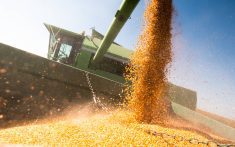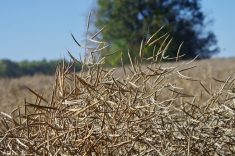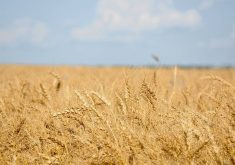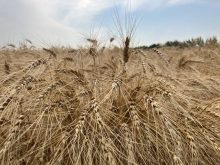The Supreme Court of Canada won’t hear an appeal from two Saskatchewan farmers looking to mount a class-action suit against Monsanto Canada and Bayer CropScience over genetically modified (GM) canola.
The denial of leave to appeal by Canada’s top court effectively shuts down the case in its present form, as filed by farmers Larry Hoffman and Dale Beaudoin, with backing by the Saskatchewan Organic Directorate (SOD), an umbrella group for organic farmers, end-users and consumers.
Hoffman and Beaudoin, with lawyer Terry Zakreski, sought leave to appeal decisions by two Saskatchewan courts that refused to certify the farmers’ suit against the two seed and biotech companies as a class action.
Read Also
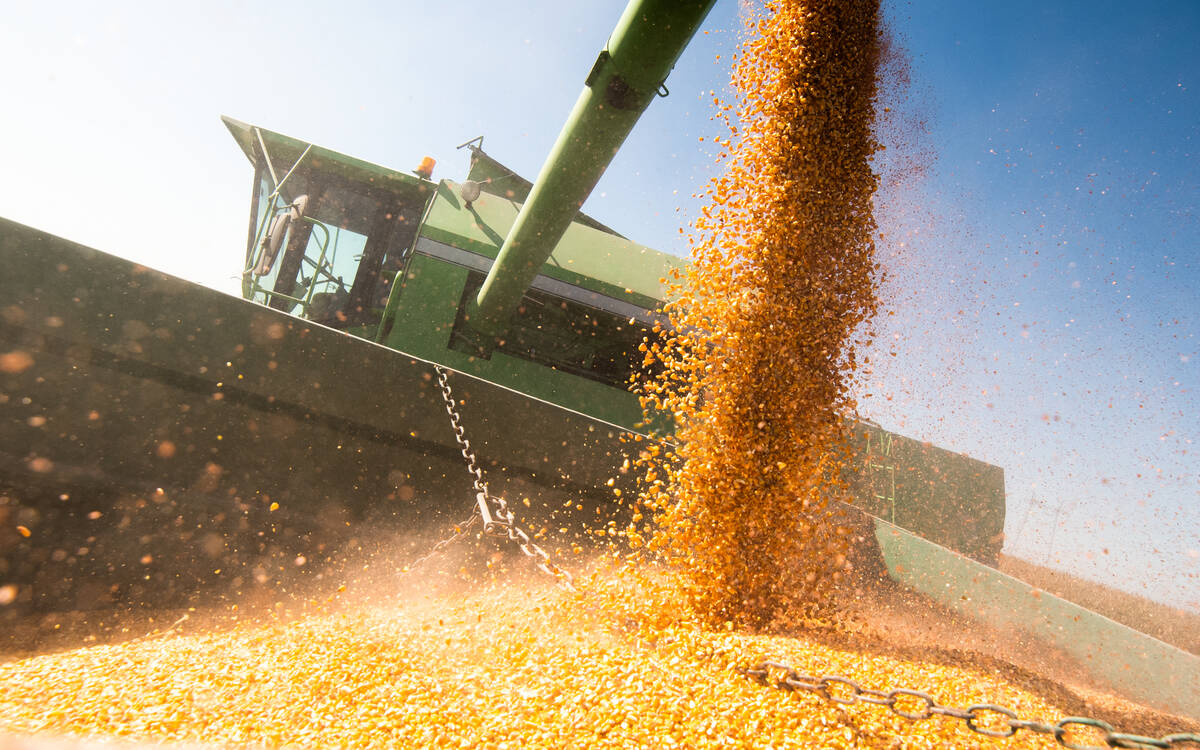
Feed Grain Weekly: Corn affecting barley prices in Lethbridge
Corn imports entering Lethbridge have lowered prices for feed barley compared to those in Edmonton.
The suit, if certified, would have sought compensation for the loss of canola as a certified organic crop due to what SOD called “extensive contamination of canola seed and cross-pollination by GMO varieties,” specifically those containing Monsanto’s Roundup Ready and Bayer’s Liberty Link genes.
A Saskatchewan Court of Queen’s Bench judge denied class-action certification in May 2005, a ruling upheld at the provincial Court of Appeal in May this year.
Justice G.A. Smith, the Queen’s Bench judge at the time, had ruled that the plaintiffs’ proposed “class” was over-inclusive in some respects, under-inclusive in others, and was not sufficiently related to the causes of action.
The lower courts also noted that the organic standards in question were only amended to include GMOs after Roundup Ready and Liberty Link canola had been released, which left “no plausible basis” for supposing negligence by the two companies.
The provincial appeal court also noted Smith’s view that the two farmers “were not suitable representatives, given the fact they were nominal plaintiffs only and had relinquished control of the action” to SOD.
In a class action suit, Smith ruled, representative plaintiffs have a responsibility to prosecute the suit in the interests of the members of the class and must have the knowledge and ability to instruct their counsel. “These are duties that cannot, in my view, be delegated to another party who is not answerable to the Court.”
Hoffman said in an SOD release in August that the two farmers had to appeal to the Supreme Court because the lower court rulings showed “the bar was set too high for class actions in Saskatchewan.”
SOD spokesman Arnold Taylor told the Canadian Press news agency on Thursday that the group was disappointed at the Supreme Court’s dismissal. However, he noted, the decision to deny class action status doesn’t stop the individual farmers from filing their case.
Taylor told CP that there likely wouldn’t be a decision on whether to file suit on an individual basis until early in the new year.
Monsanto Canada spokesperson Trish Jordan said in a release Thursday that it was “gratifying” to see the top court support the lower courts’ “strongly worded decisions.”


